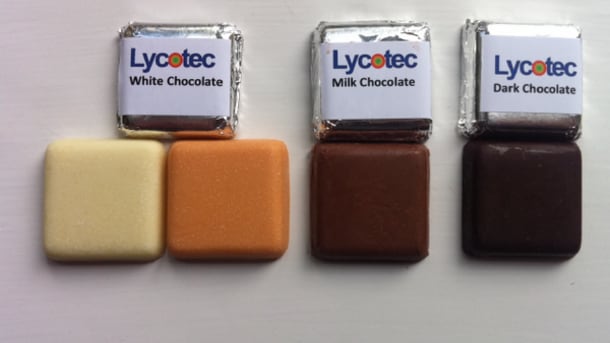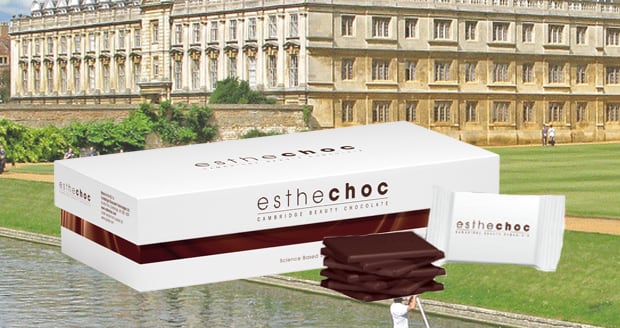Last year, Lycotec partnered with an unnamed European confectioner to produce a chocolate containing L-tug, an ingredient derived from lycopene, a pigment found in tomatoes and other red fruit and veg that has been linked to cholesterol reduction.
The company submitted a health claim to the European Food Safety Authority (EFSA), but a scientific opinion from the body last week said a cause and effect relationship between L-tug lycopene and reduction of blood LDL-cholesterol was lacking.
‘Review, reshape and to resubmit’
“We take it philosophically,” Lycotec CEO Ivan Petyaev told ConfectioneryNews.

“We know that our Dossier is pretty comprehensive and powerful in terms of quality and volume of technology and clinical data.
“Ironically, a lot of applications to EFSA are declined on basis of poor or insufficient science, but in our case it could be opposite,” he said.
Article 14 health claims have around a 30% success rate. In 2013, Barry Callebaut won an EU health claim to say its high cocoa flavanol chocolate contributes to normal blood flow.
“Perhaps we overloaded our application a bit and presented in a form of a scientific monograph rather than a punchy focus on only one target document,” said Petyaev. “Our next step is to learn, to review, reshape and to resubmit”.
Beauty chocolate: Esthechoc

In a separate development, Lycotec last month launched a ‘beauty chocolate’ through spin-off company Cambridge Chocolate Technologies.
The Esthechoc brand contains astaxanthin, an antioxidant ingredient derived from marine sources.
Lycotec said in a recent release that the skin health product would launch this month in UK retail and in some countries across Europe.
Last year, Israeli ingredients firm Algatechnologies partnered with private label confectioner Carmit Candy to produce a chocolate coin with astaxanthin that was derived from red seaweed.
